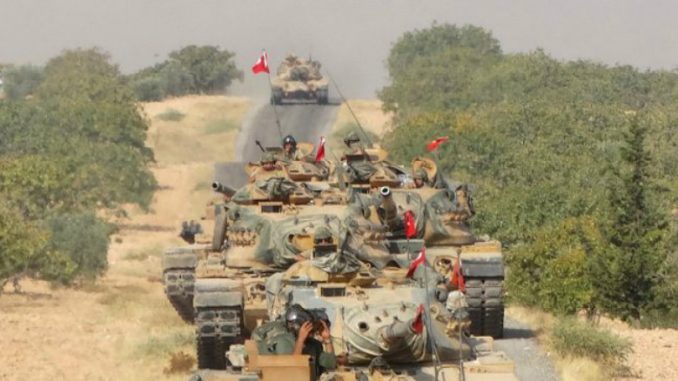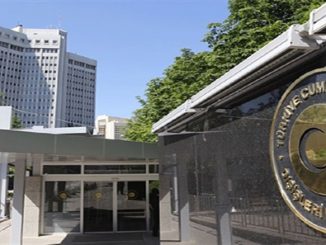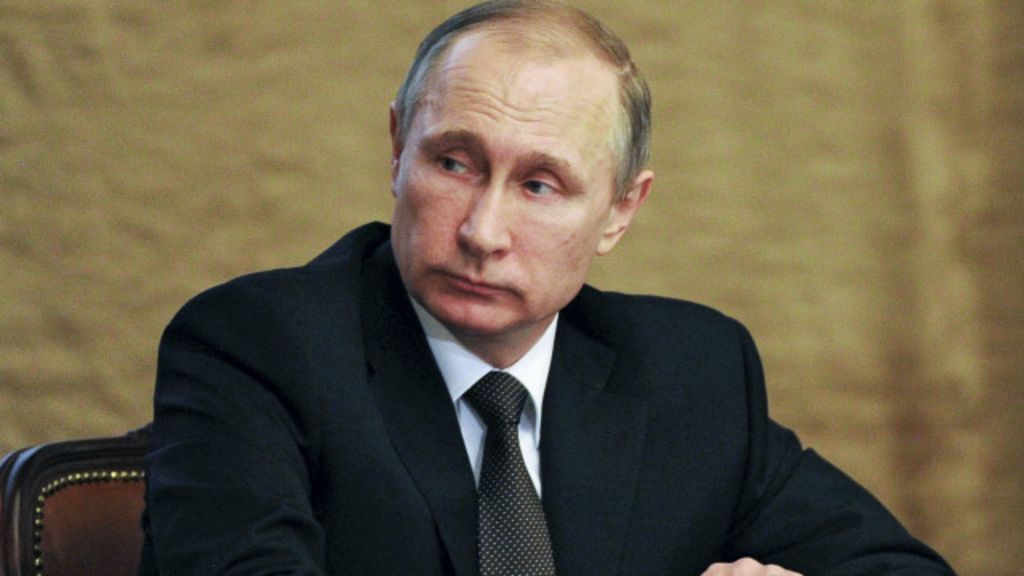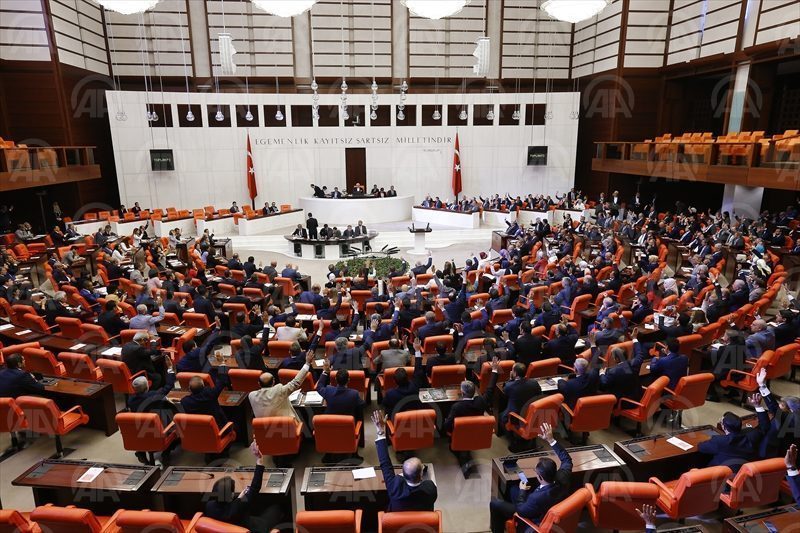
The Turkish military has successfully completed its ‘Euphrates Shield’ operation in northern Syria, according to the Turkish National Security Council and the Turkish prime minister.
The Turkish National Security Council (NSC) held a meeting on Wednesday regarding the Turkish presence in Syria and was attended by Turkish President Recep Tayyip Erdogan.
“It was noted that the Operation ‘Euphrates Shield’ which was started with the goal of ensuring national security, preventing the threat from ISIS and return of Syrian refugees to their homes has successfully completed,” the NSC said in a statement.
The conclusion of the Euphrates Shield operation was also confirmed by Turkey’s Prime Minister, Binali Yildirim.
“Operation Euphrates Shield has been successful and is finished. Any operation following this one will have a different name,” Yildirim said in an interview with broadcaster NTV.
Turkey’s military operation in Syria named Euphrates Shield, which was launched last August to drive Islamic State militants from its border and prevent Kurdish fighters from gaining ground and strengthening their positions, has changed the balance of power in northern Syria and added more tension to the already complicated area.
Under Euphrates Shield, Turkey took the border town of Jarablus on the Euphrates river, cleared ISIL fighters from a roughly 100-km (60-mile) stretch of the border, then moved south to al-Bab, an ISIS stronghold where Yildirim said “everything is under control”.
Turkish troops are still stationed in the secured regions and along the border, which amounts to nearly 2,000 sq km of Syrian territory. The number of Turkish troops involved in Euphrates Shield has not been disclosed.
Turkey’s operations against ISIS aim at ending the group’s existence near its borders and the group’s ability to pose threat to its internal peace, in addition to eliminating the YPG Kurdish militias who control large areas near Turkish border.
The Syrian Democratic Forces (SDF) alliance, which is dominated by the Kurdish YPG militia, is supported by the US as the latter uses them in its war against ISIS.
Turkey sees the YPG as an extension of Kurdish PKK militants who have waged a three-decade insurgency in southeastern Turkey.
Turkey also fears the Syrian Kurds carving out a self-governing territory analogous to Iraq’s autonomous Kurdish region will embolden Turkey’s own large Kurdish minority to try to forge a similar territory inside its borders.
Air strikes carried out by the US-led coalition and a long fight by the SDF forces ended in recapturing Manbij from the control of the Islamic State (ISIS) group last year.
The SDF, backed by US coalition, launched also a campaign with the ultimate aim of capturing Raqqa in November and succeeded in encircling the city. However, Turkey was angered with these developments and sought, therefore, to cast the YPG out of Manbij and to be the efficient part in Raqqa battle.
Before retrieving al-Bab, the Turkish president made it clear that their military campaign will continue.
“Al-Bab is about to be captured. Manbij and Raqqah are next,” Erdogan said, adding their number one priority was to form a safe zone in the country.
However, the latest Turkish declaration and the change of Turkey’s aims may hint to pressure by global powers on Turkey, or to a new set of alliances and priorities that will give Turkey advantage on other fronts.



